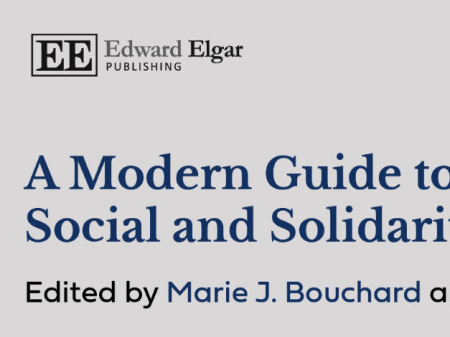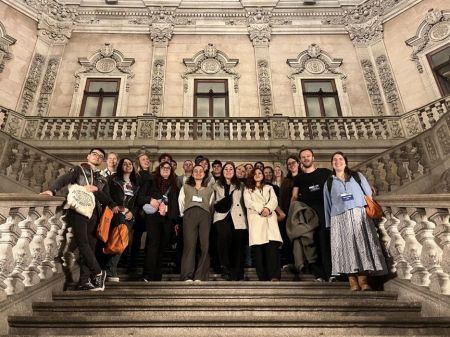We are pleased to share news of a new book relevant to…
Movement faces challenges to reach equality
Inés Mendoza, ICA Americas Gender Equity Committee, outlines the challenges facing co-operatives on the path to reach equality . . .
With the co-operative movement flourishing and the challenges for a Co-operative Decade ahead of us, it is an ideal time to talk about the demand for better governance and democracy that is growing among co-operatives in order to elevate participation within membership and governance to a new level.
There are strong reasons for promoting social integration and inclusion, and even more when participation and good governance are on the table.
Deep disparities, a product of unequal distribution of wealth and/or differences in a person’s background, reduces social mobility and ultimately exerts a negative impact on growth, productivity and the well‐being of society as a whole.
Nevertheless, in almost all countries, the near-exclusion of women from centres of power, whether at national, regional, or household level, has ensured wide disparities between men and women in economic, social, and political spheres. Currently women make up less than 10 per cent of our parliamentarians, and hold an even smaller share of top positions.
A recent study of the Inter-American Development Bank shows female workers earned 26 per cent less than male workers, but what is the inequality in the co-operative sector? Do we have facts to demonstrate to the world that co-ops have gender equality strategies and good practices, which create better conditions for sustainable economic growth and development?
There are no cookie-cutter solutions to answer each governance problem that exists today, and because political science is not really a "science" but an "art", technical solutions — no matter how cutting-edge they are — will fail if unaccompanied by a new and higher practice of the art of good governance.
The first challenge is in nurturing democratic values. Although member participation is a difficult process requiring vigilance and constant nurturing, it is essential to good governance. To approach this challenge it is necessary strengthen the pool of prospective female and male leadership; enhance member education on co-operatives values; and establish indicators of progress toward improving the building blocks of inclusion and democracy: for example, gender policies, transparent systems, young inclusion policies and enhance government structures.
The second challenge involves the role of the membership. The task is for all men and women to move forward from where they are. The actions for a Co-operative Decade should assure the representation of all the diverse composition of the co-operative and promote intensely the female participation.
The third challenge is to mainstream women in politics and public administration, starting with their representation on the co-operative’s board. As we come to understand the links between responsive and effective governance and development more fully, we learn that governance not representing both sexes is neither participatory, nor inclusive, and thus cannot move a society forward. The absence of women's voices and perspectives has contributed to an impoverished debate, and, often, distorted policies.
The fourth challenge is to improve the capacity of a co-operative's organisation and people for better governance and participation. A co-operative-oriented education must prepare people to be voters, to participate in public discussions, and to work together across traditional boundaries.
At the International Co-operative Alliance in the Americas, gender is a cross-cutting theme in all of our programs. This is the time to reflect on the enormous contributions of women to the development of their countries. Now is the time to get the politics right for advancing women.
Men in leadership must join empowered women to speak out for genuine gender partnerships. Nothing will be a more powerful hallmark of the transformation of our societies than enduring gender partnerships achieved across the co-operative movement.




